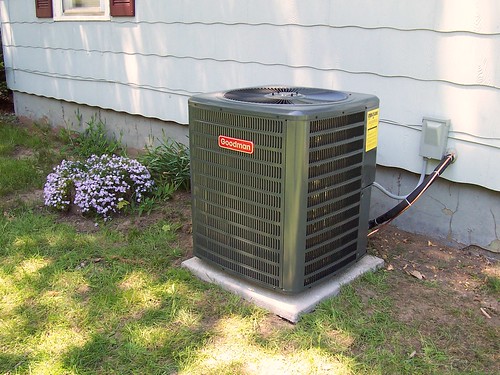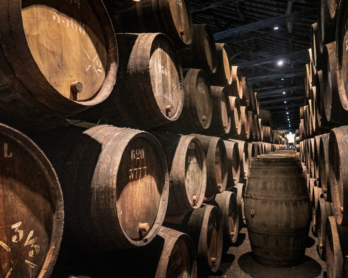Homeowners in warm to moderate climates have enjoyed the energy efficiency of heat pumps for decades. Heat pumps have many advantages over traditional gas or electric furnaces and air conditioning units. Instead of two separate systems, a heat pump does the job of both. But if your system is 10 to 15 years old, now may be the right time to consider replacing it — and here are several reasons why.
SEER Rating

The Seasonal Energy Efficiency Ratio, or SEER, is a measure of how efficient your heat pump is at heating or cooling your home. The U.S. Department of Energy sets the minimum SEER, and it increases every few years. In 1990 the minimum SEER for heat pumps was 10, and in 2019 it is 14. Some of today’s high-efficiency heat pumps are rated as high as 21 SEER. Not only does this improved efficiency save you money on utility bills, but it’s also better for the environment.
Variable-Speed Motors
Older heat pumps have single-speed motors. The blower runs at one speed until the desired indoor temperature is reached, then shuts off. Today’s models have variable-speed motors, which are more efficient and better at keeping you comfortable. The blower runs at a slow speed most of the time, maintaining the temperature. This also helps control the home’s humidity and improves indoor air quality. The unit senses when speed adjustments are needed and increases or decreases speed automatically.
Multi-Speed Compressors
The heat pump’s compressor is the component that draws heat either in or out of your home. Older units have single-speed compressors, which are either on or off. New heat pumps have multi-speed compressors, which gradually adjust their capacity as needed to maintain the desired temperature in your home, usually running on a low setting.
Dual-Source Heating
Many of today’s heat pumps have dual-source heating. Old units draw heat from the outside air only, while some new ones capitalize on geothermal heat as well. This, along with greater efficiency in general, means that they are better suited for colder climates than the old heat pumps, which were only recommended for areas with mild winters. When the temperature gets too low for a heat pump to work well, homeowners with older units need to rely on an emergency heat source, such as a gas furnace. With newer models, this is rarely necessary.
Return on Investment
While everyone wants to get the maximum life out of their purchases, including heat pumps, consider that the average life of a heat pump is 15 years. When your unit breaks down, you can call the service technician for a repair — but over time, those repair costs can add up. When you invest in a new heat pump, it’s less likely to break down and it will be under warranty. A new heat pump can also increase the resale value of your home.
Most products improve over the years, thanks to innovations and improvements, and heat pumps are no different. If you need help deciding whether your heat pump is obsolete enough for a replacement to be worthwhile, contact a reliable HVAC service technician.









